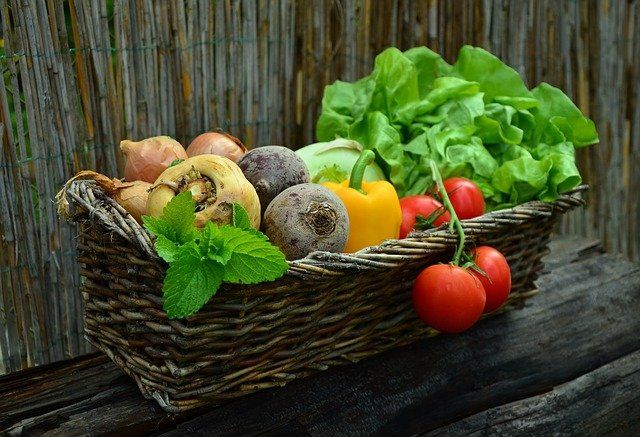
Last month, the Department for Environment, Food & Rural Affairs released a new strategy to invest in technology and innovation to help increase UK food production, jobs, and economic growth. The plan provides incentives and investment to boost home-grown fruit and vegetable production.
For example the article states “the UK only produces 15% of tomatoes supplied domestically, but new-generation technology, such as sustainable and efficient glasshouses, has opened up new opportunities for British producers which will help to reduce reliance on overseas production.”

This new plan comes in a time after the Russian invasion of Ukraine, which has impacted global food chains and increased prices. The plan helps to minimise future economic shocks and crises and strengthen supply chains by reducing the reliance on exports.
£270 million will be invested across farming innovation funding programmes until 2029. The plan commits to broadly maintaining the current level of food that is produced domestically as well as boosting production in sectors where there are the biggest opportunities – such as horticulture and seafood.
Not only is there government investing in food production, there is also an emphasis on sustainable practices. In addition to the new strategy, Department for Environment, Food & Rural Affairs released plans for the UK to join Sustainable Productivity Growth Coalition (SPG) to share knowledge of best practice on green agriculture and food production.
The Sustainable Productivity Growth Coalition (SPG) is an international group of countries, academic and research organisations and trade bodies that aims to improve agricultural productivity in an environmentally sustainable way. The program was launched in 2021 at the United Nations’ Food Systems Summit and members include the USA, European Union, Australia, Brazil, Canada, New Zealand and the UN Food and Agriculture Organization, also including many academic institutions and trade bodies representing industries including grain, dairy and livestock from all over the world.

This is another example in the ESG agenda we have seen across many industries, and food production is no exception. My colleagues and I have written many blog posts around meat alternatives, managing food waste during production, and the agri-tech market.
The government’s investment into food manufacturing and joining the SPG shows this market is definitely worth keeping an eye on, especially as ESG expands through sustainable food production and meat alternatives. Through our previous deals within agriculture and research done within this area, Polestar would love to help expand your business in this growing field.
Plans to drive innovation and harness pioneering technology in farming will be set out today as part of the Government’s Food Strategy which will back our farmers by helping to increase domestic production, spread jobs and grow the economy.